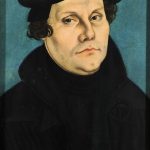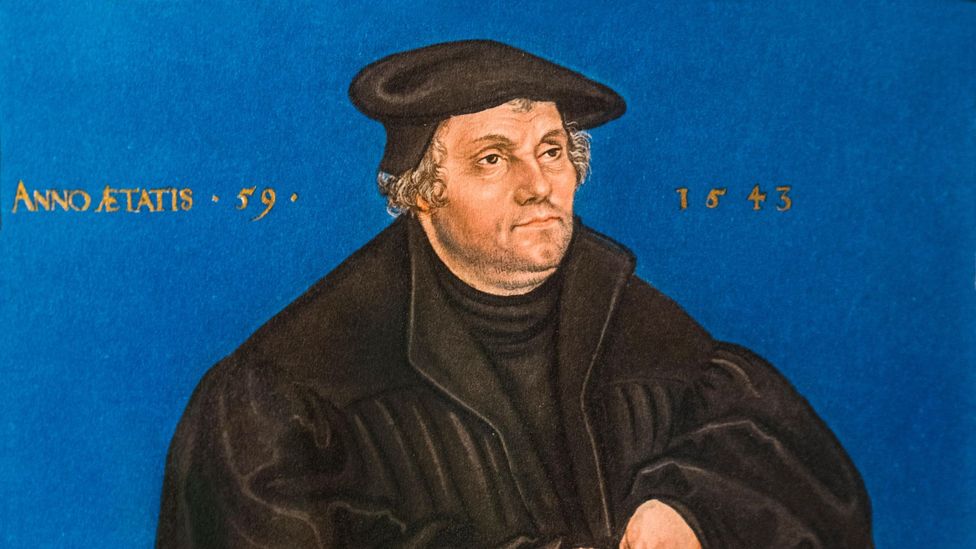
Martin Luther was a German theologian, Professor, and priest who is known as the father of the Protestant Reformation. He is recognized for his efforts in reforming the practices and beliefs of the Roman Catholic Church, leading to a schism and the formation of Protestantism. His teachings and writings have influenced millions of people and continue to shape the Christian faith to this day.
Early Life and Education
Martin Luther was born on November 10, 1483, in Eisleben, Saxony, which is now modern-day Germany. His parents, Hans and Margarethe Luther, were hardworking peasants who hoped for a better life for their son. Martin was sent to school at an early age, where he excelled in his studies. In 1501, he enrolled in the University of Erfurt to study law, but he eventually switched to theology and joined a monastery.
In 1507, Luther was ordained as a priest and began teaching theology at the University of Wittenberg. He became increasingly disillusioned with the Catholic Church’s teachings and practices, such as indulgences, which he believed were corrupt and misguided.
The Ninety-Five Theses
In 1517, Luther published his Ninety-Five Theses, which were a list of grievances against the Catholic Church’s sale of indulgences. According to Catholic doctrine, indulgences could be purchased to reduce the amount of time a person spent in purgatory after death. Luther believed that this practice was a form of corruption and that true forgiveness could only come from repentance and faith in God.
The Ninety-Five Theses were initially intended for academic debate, but they quickly spread throughout Europe and sparked a revolution. Luther’s ideas resonated with many people who were dissatisfied with the Catholic Church’s practices. His followers became known as Protestants, which came from the Latin word “protestari,” meaning to testify or bear witness.
The Diet of Worms
Luther’s teachings were met with resistance from the Catholic Church, which condemned his ideas as heresy. In 1521, he was summoned to the Diet of Worms, a meeting of the Holy Roman Empire’s leaders. He was asked to recant his views, but he refused, famously declaring, “Here I stand, I can do no other.” He was declared an outlaw and forced into hiding.
Luther’s Writings
During his exile, Luther continued to write and preach, spreading his message throughout Germany and beyond. He translated the Bible into German, making it accessible to the common people for the first time. His translation became the basis for the modern German language and helped to standardize it.
Luther’s writings were instrumental in shaping Protestant theology and establishing the principles of the Protestant faith. His teachings emphasized salvation through faith alone, the priesthood of all believers, and the authority of scripture over church tradition.
Legacy
Luther’s influence extended far beyond his own time. His ideas helped to usher in the modern era and laid the groundwork for many of the social and political changes that followed. The Protestant Reformation had a profound impact on European society, challenging the authority of the Catholic Church and paving the way for the development of modern democracy.
Today, Luther is remembered as one of the most important figures in Christian history. His teachings and writings continue to inspire millions of people around the world. The Lutheran Church, which was founded on his principles, is one of the largest Protestant denominations in the world.
Conclusion
Martin Luther’s legacy continues to shape the world today. His efforts to reform the Catholic Church helped to spark a revolution that would forever change the course of European history.



















Add Comment